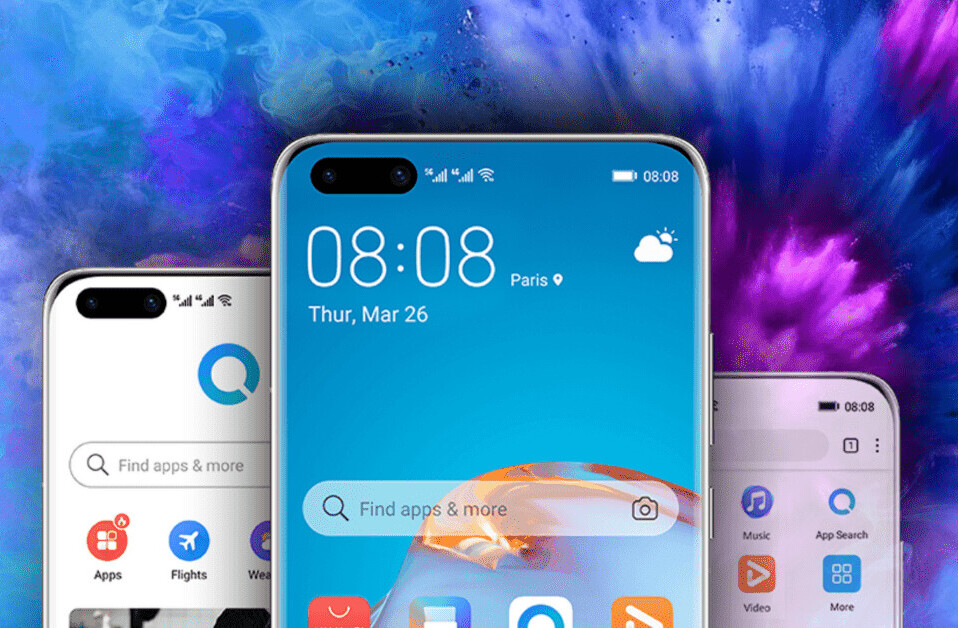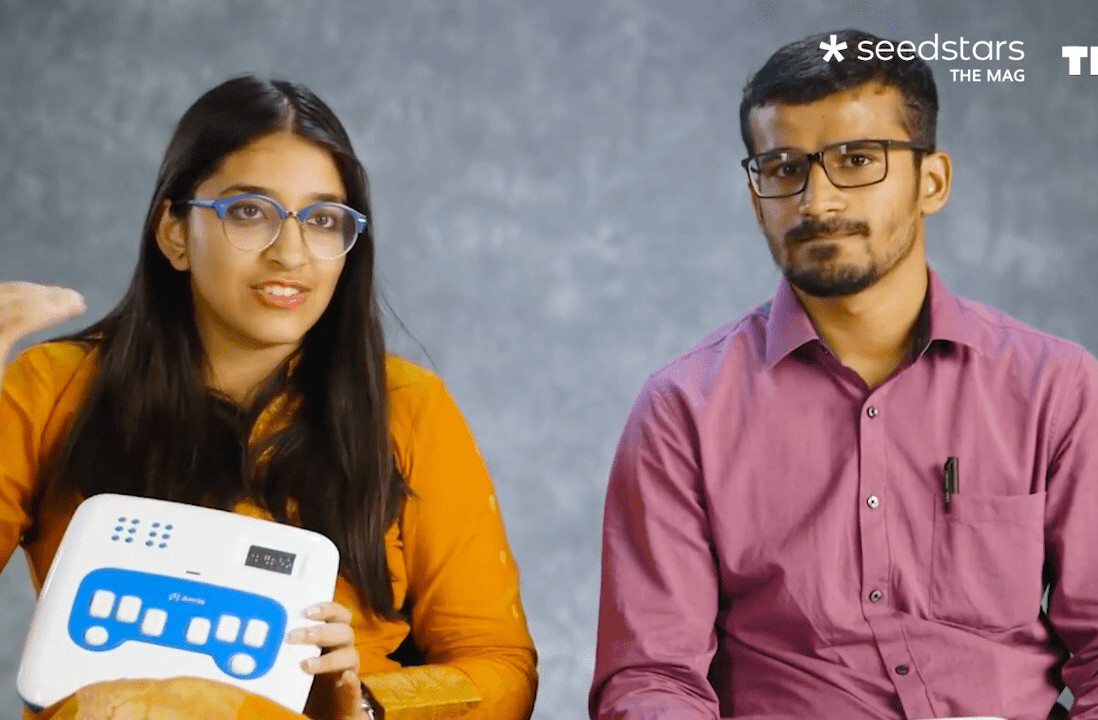
DeNA, the Japan-based mobile social gaming giant that has its sights on the West, continues to grow its business at a rapid rate after announcing another record quarter of business which saw it bring it $627 million in revenue (up 45 percent year-on-year), with profits of $254 million (up 38 percent) for its Q2 2012.
The company, which rivals Zynga but with a sole focus on mobile, had been expected to slightly weaker growth on the previous quarter — when it saw $529 million in sales and $234 million profits — due to the effects of Japanese regulation on a gambling-like games genre (kompu gacha) said to be responsible for up to half of its revenues in its home market. It is as yet unclear just how influential the regulations — which all of the country’s top gaming firms are cooperating with — has been on its Mobage service, since the firm is yet to break-out its financials in more detail (that comes later today).
Back to the figures, the company is touting the success of its virtual currency — Moba-coin — which it says brought in $700 million from its 45-million user strong domestic service. The currency raised close to $30 million from overseas markets during the 3-month long period.
DeNA says that its focus on overseas markets — which saw it add a dedicated Chinese service for Taiwan and Hong Kong during the quarter — and new content — which will soon include exclusive games from the Transformers franchise — helped it keep its local users “engaged and active”. Smartphone usage is Japan is still lower than feature phones but, again stressing its progress in Japan, the firm says coin revenues from smartphones topped that of feature phones last month which it says proves that “the transition of Mobage users onto smartphones has been a success.”
Despite that, Isao Moriyasu, CEO of DeNA, is optimistic about the firm’s continued growth at home, as well as its efforts overseas, and he said:
“In our second quarter we continued to see steady growth internationally, as well as in Japan. In order to build the world’s top social games platform, we must stay focused on expanding our audience and delighting our customers with exciting games that will keep them engaged.”
The US continues to be a key market for DeNA and the need to succeed there, and in Europe, has been magnified by the removal of ‘lucky dip’-style kompu gacha from its catalogue of games in Japan. Its efforts in North America — which have seen it buy up a range of publishers and games studios — took a new direction last month when Neil Young stood down stepped down as CEO of ngmoco (which runs DeNA US), leaving Clive Downie to take his position.
DeNA has close to 80 games available in Western markets and, though it is focused on creating dedicated content for the US, Europe and elsewhere, hit Japanese titles like Rage of Bahamut have done well overseas. The card game sat on the top grossing spot on Google Play for more than five months straight and it has been among the top ten grossing charts on the App Store since July.
The company picked up US-based Ngmoco, the iPhone game publisher, in 2011 in a $400 million deal that established a beach-head in the US. DeNA’s iOS games have been available in the country since March, and it is also making significant progress in China, where it has partnered with a range of influential mobile firms and social networks.
Arch rival GREE is also pushing its US presence after it bought Funzio for $210 million in May and Pokelabo for $175 million last month, building on the Stateside profile it enjoys courtesy of its 2011 acquisition of game network Openfeint for $104 million. GREE’s global gaming site was recently released in open beta.
DeNA runs other Web ventures beyond Mobage and it further diversified when it jumped into the messaging space with the launch of Comm — an iOS and Android app to rival Line, WhatsApp and others — last month.
Get the TNW newsletter
Get the most important tech news in your inbox each week.





